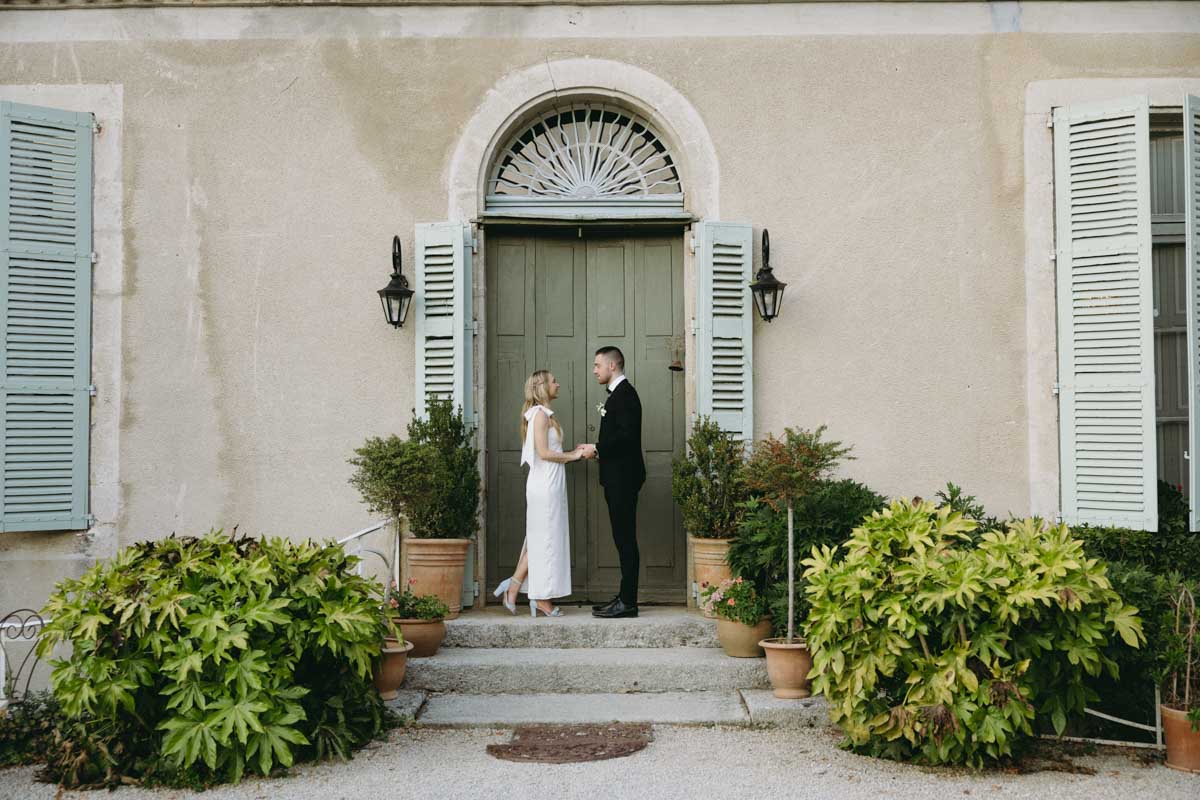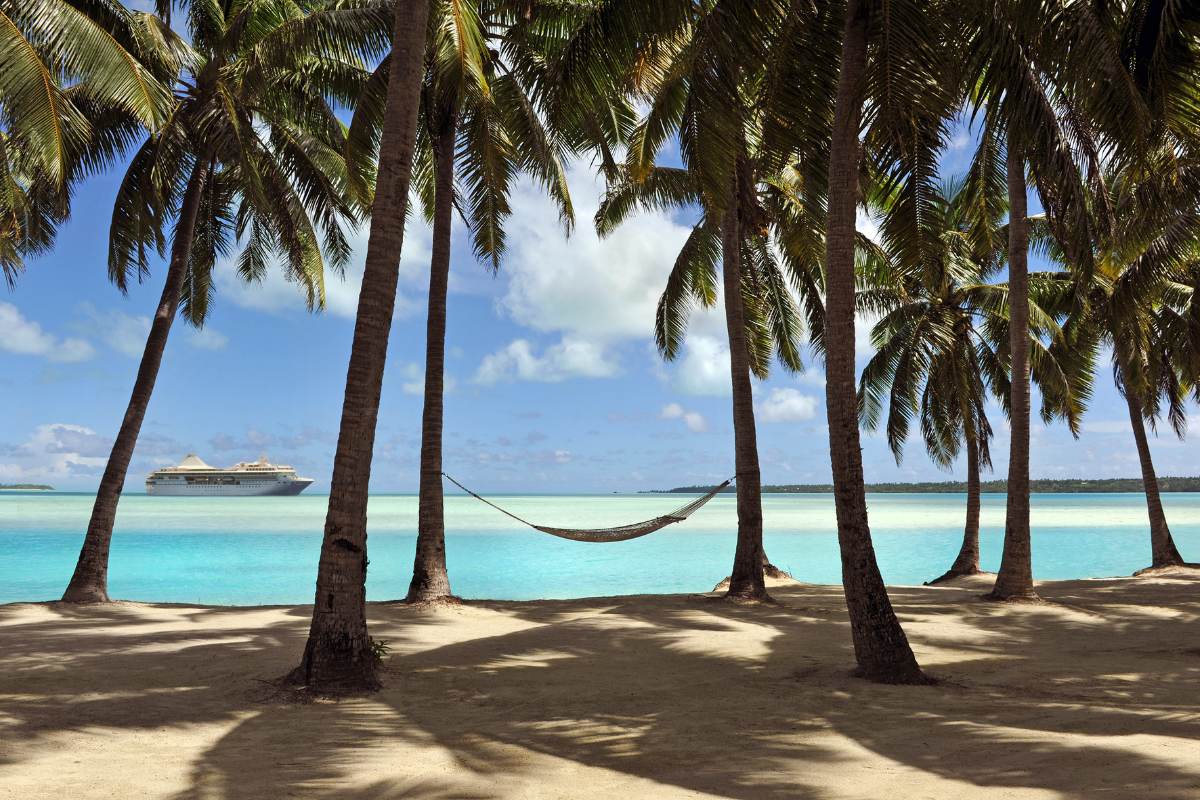Save this post for all my best tips on how to save money travelling Europe!

Before you read this article, I want you to take this short quiz:
Question 1: Do you fit in to any of the following categories?
- A. When planning your trip, the words “budget” or “cheap” are repetitively typed in to google
- B. You’ve spent the past six to twelve months cashing every pay check from your casual job towards your travel fund
- C. You want to spend your money on seeing and doing AWESOME things and not fritter it away on overpriced airfares, transport, accommodation and food
Okay, the quiz is over, and if you are still reading this you must relate with one or more of the above points (or maybe you just like reading my blog… in that case, you can definitely stay). We all know holidays can be expensive. Like, extraordinarily expensive.
Especially European holidays. So I think we can all agree that finding a few super simple ways to save your pennies WITHOUT sacrificing the important stuff is worth it’s metaphorical and physical weight in gold.
Here are five super easy ways you can save money when you are travelling in Europe!
1. Find cheap BUT awesome accommodation with Airbnb
Gone are the days that as a budget traveller you are subject to dingy hostel beds full of bed-bugs and loud snoring companions. Airbnb is revolutionising the world of Accommodation! People rent out their private apartments in cities all over the world for super cheap prices.
Ultimately, this is the way to go if you have a few travel companions and can split the cost of the place. If you are travelling solo, you can also opt to stay in a room in someone’s place. A great way to score yourself some company/ a local.
The best part is, you don’t have to face another generic looking hotel/ apartment/ motel! People individually own and rent these places, so they are super unique and cool in terms of decor and furnishing.

This was the view from an adorable little apartment we rented out through Airbnb in Lisbon- it only costs us about 20 euros each a night!
2. Avoid over-eating out- go on picnics instead!

It’s so easy to get to a new city and eat out for every single meal because it seems to be the easy and most convenient way to go. It is also the biggest killer of funds! Sure, go out and experience the local cuisine at dinner time. But when you are out and about during the day and it comes to lunch, why not save a few dollars and go on a picnic?
Head to the local bakery or supermarket and pick up some supplies in the morning- bread, cheese, maybe some cold meat and salad… And wine. Don’t forget the wine.
Even if you are in a country where they don’t speak English, it really isn’t that hard to navigate a supermarket and find the basics, so no excuses! Just don’t forget to pack a knife and any other utensils you may need.
Plus, what better way is there to blend in with the locals and indulge in your surroundings then eating some food on a nice patch of grass?
3. Don’t get a Eurail pass unless you are really going to use it
Sure, the idea of being able to jump on a train at any time and end up in a new city certainly is romantic. But be warned, if you lose your pass, all romance is lost as there is no way to redeem it!
Internal flights in Europe are so cheap these days with the expansion of budget airlines like Ryanair and Easyjet. Check Skyscanner to find the best prices, and even last-minute flights can turn out to be really inexpensive!
It’s also worth noting that if you do take a flight in Europe and it’s majorly delayed, you can head to Euflightcompensation.com to claim money back.

4. Try not to indulge in too many tacky souvenirs
Okay, yes, a little Eiffel Tower keyring or light-up Barcelona shot glass does seem like a great idea at the time, but do you really want to become a hoarder of pointless souvenirs you never actually look at or care about? Save your pennies up for those really special trinkets you find that have actually significance to the place.
Plus, if you are taking hundreds of pictures, you don’t need a magnetic that tells you you’ve been to Rome! Instead, when you get home, print out and frame the pictures you took and use them as a reminder of all the wonderful memories you had in a place.

5. Be (very) wise with your money!
It’s really important to weigh up the positive and negatives of using a travel money card overseas versus your regular credit/ debit card. It’s easy to unnecessarily lose out a ton of mullah through bad exchange rates, expensive ATM fees and international transaction fees.
Travel money cards work by loading up with a set amount of currency at a set exchange rate. The positives of this are there are no international transaction or ATM fees, so if you lock in a good exchange rate and know approximately the amount of each currency you need, you’ll be golden.
However- this isn’t always the case. If you are traveling to places with multiple currencies (eg pounds and euros), and you are unsure of how much you will be spending of each, it can get a little complicated. You can end up losing out quite a bit of money when converting from one currency to the other, and if you have money left at the end of your trip its stuck on the card. Plus, if you lock in your exchange rate at a bad time, you could end up with a lot less spending money than you could have had!
On the other hand, if you use your regular credit/ debit MasterCard and Visa card, your money in converted with the exchange rate at the time of the purchase. You do get charged a small transaction fee every time you spend, and also ATM fees can be pretty hefty, so you should plan to take out large sums of money to avoid these fees.
The great thing is you don’t have to fuss about loading set amounts of currency on your card. That means the money you don’t spend on your trip isn’t stuck on a prepaid card… It’s still in your bank account!
Hopefully these little tips help you save your precious holiday funds up for those life-changing experiences that will be worth every penny.
For more budget travel tips
- 7 Clever Ways to Save Money While Travelling
- HOW TO: Keep your money safe overseas and at home
- The MOST Important Lesson that I’ve Learnt from Travelling
Liked these tips on how to save money travelling Europe? Pin them for later!




